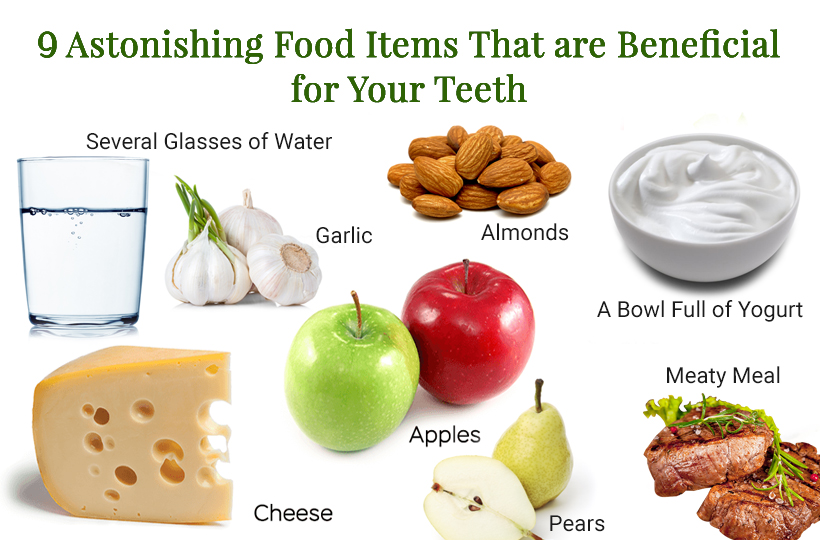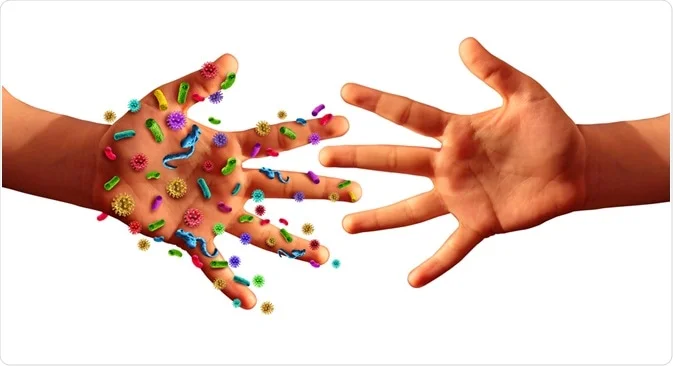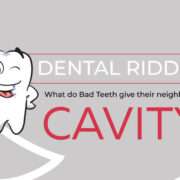In a world where science is still discovering the secrets of our bodies, the complex relationship between diet and heredity has gained prominence. We frequently overlook the significant influence that nutrition may have on a number of health-related factors, but what about the condition of our teeth? Let me introduce you to the exciting topic of nutrigenomics, a cutting-edge study of the relationship between diet, genes, and oral health. Come along with us as we set out to learn how nutrition contributes to keeping that bright smile and dental health.
Understand Nutrigenomics in Oral health
A combination of the words “nutrition” and “genomics,” the term “nutrigenomics” refers to the branch of study that studies the complex interplay between our genes and the foods we eat. It explores the ways that nutrients in our food interact with our genes to affect how those genes are expressed and, in turn, how our health turns out. Put more simply, nutrigenomics studies the ways in which our genetic code and the food we eat interact to determine our general health.

“Nutrigenomics is like deciphering a unique language written within our genes,” explains Dr. Chirag Chamria. It enables us to comprehend the ways in which particular foods may either activate or deactivate particular genes, thus affecting our susceptibility to illnesses and our general state of health.”
How Genes and Nutrition Interact?
Our body’s command center, the genes, controls a myriad of physiological functions. Conversely, nutrition supplies the building blocks required for these processes to proceed as best they can. The dynamic dance between genes and nutrition is characterized by the ability of some nutrients to promote the expression of protective genes, while shortages can activate genes linked to various health problems.
Significance of Personalized Nutrition in Healthcare
The potential of nutrigenomics to customize dietary advice is among its most significant effects. Because every person has a different genetic composition, there can be wide variations in how each person reacts to nutrition. In order to adjust dietary recommendations to a person’s unique genetic requirements and predispositions, personalized nutrition takes these genetic variations into account. In his remarks, Dr. Chamria highlights the need for customized nutrition in healthcare and notes that the days of universal dietary guidelines are passing.
Nutrigenomics will help us get closer to precision nutrition by providing individualized guidance that takes into account a person’s unique genetic characteristics. This supports preventative healthcare initiatives in addition to increasing the efficacy of dietary therapies.
Genetics and Oral Health
Genetic Factors Influencing Oral Health Conditions
Like a distinct blueprint, our genetic composition determines many elements of our health, including the state of our mouth cavity. Deciphering the hereditary variables that impact oral health concerns is an essential first step towards solving the puzzle of why some people may be more susceptible to tooth problems than others.
Tooth Structure and Enamel Quality
Genetic variations play a role in determining the structure and quality of teeth. Some individuals may inherit genes that predispose them to weaker enamel, making them more susceptible to decay and erosion.

Immune Response and Inflammation
Genetic factors also influence the immune response and inflammatory processes in the body. Certain variations in genes may contribute to an overactive immune response, increasing the risk of conditions like periodontal disease.
Saliva Composition
Saliva acts as a natural defence mechanism against oral bacteria. Genetic variations can impact the composition of saliva, affecting its ability to neutralise acids and maintain a healthy balance in the oral environment.
Susceptibility to Dental Issues Based on Genetic Makeup
Cavities and Genetic Variability
Certain genetic variations can influence the density of tooth enamel and the production of saliva. Individuals with a genetic predisposition to weaker enamel may find themselves more susceptible to cavities. Dr. Chamria suggests, “For those at higher risk, preventive measures like fluoride treatments and vigilant oral hygiene become paramount.”
Gum Disease and Immune Response
Genetic factors influencing the immune response can impact susceptibility to gum disease. Dr. Chamria notes, “Patients with a family history of periodontal issues may need more proactive strategies, including regular deep cleanings and vigilant gum care.”
Enamel Erosion and Genetic Predisposition
Enamel erosion, often attributed to acidic diets, can also have a genetic component. Dr. Chamria highlights, “Understanding the genetic predispositions to enamel erosion allows us to tailor dietary advice and preventive measures to mitigate the impact.”
Nutritional Impact on Oral Health
Overview of Essential Nutrients for Oral Health
Our dental and gum health are greatly influenced by the foods we eat. In order to maintain the integrity of the oral cavity’s structures, strengthen the teeth’s resistance to decay, and advance general health, nutrients are essential. Dr. Chirag Chamria offers a thorough summary of the vital nutrients that support the best possible dental health.
Calcium
The principal mineral in teeth, calcium, is essential for keeping tooth enamel strong and intact. Getting enough calcium is similar to giving a strong castle the building blocks it needs to stave off attacks from germs and acids that cause corrosion.
Vitamin D
Vitamin D facilitates the absorption of calcium, working in concert with it. The sunlight vitamin, vitamin D, is necessary for the body to properly use calcium. It guarantees the durability of the calcium-built stronghold.
Phosphorus
Phosphorus and calcium work together to maintain the skeletal and dental structures. The balance between phosphorus and calcium is critical to the health of your teeth. A diet rich in balance guarantees a sufficient amount of both.

Vitamin C
As an antioxidant, this vitamin helps maintain healthy gums. The connective tissues of the gums are kept healthy by vitamin C. Because of its antioxidant qualities, it helps to keep gums healthy overall and reduce inflammation.
Antioxidants
The body uses a range of antioxidants, such as vitamins A and E, to protect itself from oxidative stress. Antioxidants have a function in avoiding cell damage, which is important for oral tissue health as well as general health.
How Diet Affects Oral Hygiene and Preventive Care
Dr. Chirag Chamria emphasizes how closely food, dental health, and preventative care are related. Your dental health is built on the food you eat, not only the fuel it contains. A balanced diet helps maintain the systems that keep your gums and teeth strong.
Sugar and Oral Health
One well-known factor contributing to the development of cavities is an excessive sugar intake. Sugars provide dangerous bacteria in the mouth with an abundance of food, which causes acid generation and enamel loss. One of the most important steps in preventing cavities is limiting sugar intake.
Hydration and Saliva Production
Water, whose importance is sometimes undervalued, is essential for maintaining dental health. A mouth that is properly moisturized encourages salivation. Natural defenses like saliva neutralize acids and keep the mouth environment in a balanced state.
Probiotics and Oral Microbiome
Consuming meals high in probiotics helps maintain a balanced population of beneficial bacteria in the oral microbiome. Probiotics help the “good” bacteria in the body and create an environment that hinders the growth of the bad bacteria that cause gum disease and cavities.
Balanced Nutrition for Overall Well-Being
A nutrient-dense diet promotes general health in addition to meeting the unique requirements of the oral cavity. A healthy body is better able to withstand and recover from problems related to dental health.
Conclusion
To sum up, our investigation into nutrigenomics illuminates the complex interplay of genetics, diet, and dental health. A strong grin is built on essential nutrients, with antioxidants, calcium, and vitamin D being especially important. The findings provided by Dr. Chirag Chamria demonstrate the revolutionary potential of nutrigenomics in customizing dental care to each person’s unique genetic subtleties. A potent tool for preventative dentistry is individualized nutrition, which is emerging as we uncover the mysteries hidden in our DNA. It is recommended that readers take up the challenge of individualized oral care under the guidance of dental specialists such as Dr. Chamria in order to secure a future in which smiles are not only brilliant but also distinctively and healthily individual.






